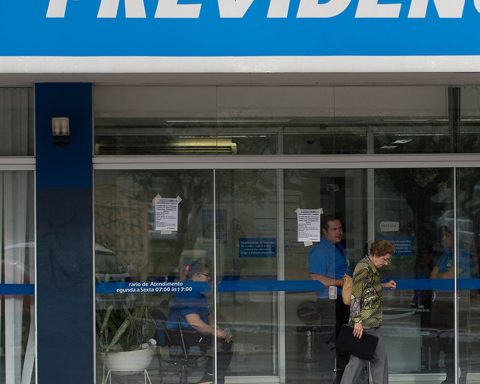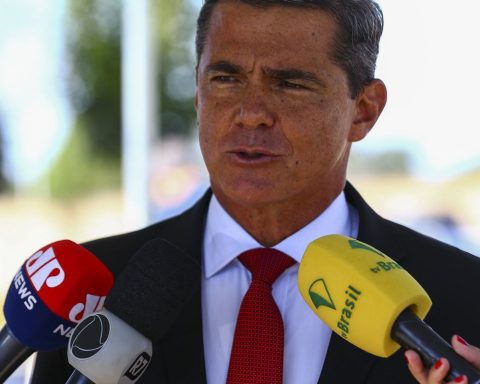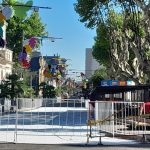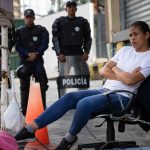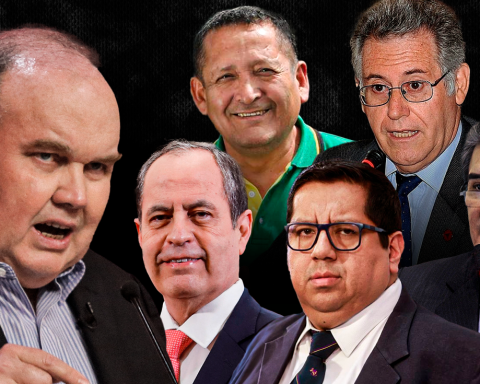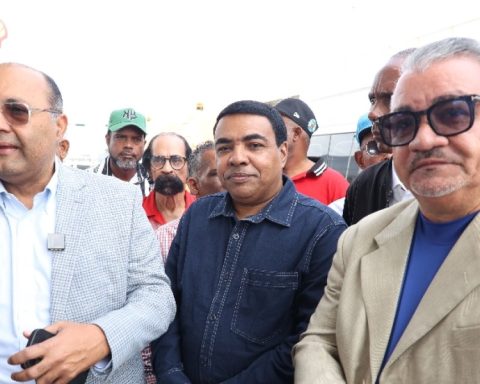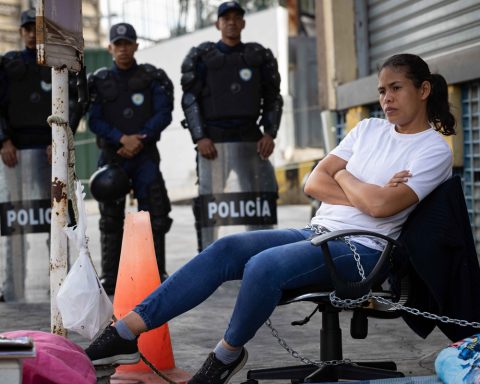The Minister of Mines and Energy, Bento Albuquerque, ruled out any risk of electricity shortages or blackouts in the country, due to the water crisis in the reservoirs. According to the minister, excluding external meteorological causes, there will be no rationing due to lack of energy.
“There is no chance of rationing or blackouts due to lack of energy. It could be because of a lightning strike, a storm, but not a lack of energy. This is what we have been working on, for over a year, to guarantee Brazilian consumers,” said the minister, during the inauguration of the new laboratory at the Eletrobras Electric Energy Research Center (Cepel), in Nova Iguaçu (RJ).
Bento Albuquerque said that the country is going through the worst water crisis in the last 90 years, with lack of rain on the main reservoirs, but he stressed that the electricity sector knew how to work to overcome the problem: “There is no risk of energy shortages at all, but I understand that the rational use of energy has to be part of our education and our culture.”
Nuclear plant
In an interview with journalists after the inauguration of the laboratory, the minister also spoke about the possibility of building a fourth nuclear power plant in the country, which today has Angra 1 and 2 and is about to complete Angra 3.
He did not define where the next plant would be built, which could be in the Southeast or even in the Northeast, but he stressed that it will be of a new generation, smaller, more efficient and safer than the current ones.
According to Albuquerque, the study on the subject should be ready to be presented in the Decennial Plan, in early 2022.
Eletric cars
Bento Albuquerque also spoke about the trend towards electrification of the vehicle fleet, which is being accelerated in several countries, mainly in Europe, by automakers, which intend to manufacture basically electric cars between 2025 and 2030.
However, the minister pointed out that countries with large extensions can adopt hybrid models of motorization. “Electricity is part of the reality of each country. A certain country can say that it will have its entire electric fleet. In a continental country such as Brazil, India, China or the United States, electrification does not take place in years. It could happen in decades. Brazil is privileged by the abundance of renewable and clean energy sources. We have the largest bioenergy program in the world, which is based on biofuels, and they will be fundamental”, he said.
Laboratory
Cepel’s new research center, called the Smart Grids Laboratory, is one of the first of its kind in the country and received investments in the order of R$ 20 million from Eletrobras, Petrobras and the META Project (MME and World Bank).
The laboratory, located at the Adrianópolis Unit, in Nova Iguaçu, will allow numerous options for research and service provision, bringing concrete benefits to companies in the energy sector and contributing to technological advancement in Brazil, within the current context of energy transition. It will guarantee practical experiences, previously carried out only on theoretical models, and greater reliability for the national electricity system, said the director general of Cepel, Amilcar Guerreiro.
“It will help in evaluating the behavior of new elements that appear in the network, due to distributed generation, distributed energy storage. This lab will allow for that. It has the ability to analyze elements with a higher power. Photovoltaic panels, an inverter with high power, this laboratory is capable of carrying out the test, of evaluating the performance of this equipment”, explained the director of Cepel.


